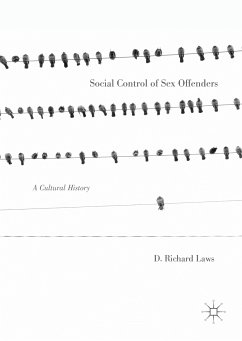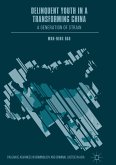This book examines different aspects of crime and deviance in Japan using research and theories from psychological criminology. Dominant research literature often stereotypically claims that Japan has low crime compared to Western industrialised countries because its citizens are group-oriented, its social institutions benevolent and organised, and its public spaces are spotless and efficient. Bui and Farrington however found that there is a higher level of violence among young Japanese males compared to that among young American males. The authors use psychological criminology to investigate this claim and present what is known about crime and antisocial behaviour in Japan from a psychological perspective (e.g. mental disorders, brain dysfunction, and family criminality) and explain how this fits into the broader understanding of crime at the individual level. This original project is the most up-to-date work on crime in Japan and progresses the important, and underdeveloped, field ofcriminal psychology.
Dieser Download kann aus rechtlichen Gründen nur mit Rechnungsadresse in A, B, BG, CY, CZ, D, DK, EW, E, FIN, F, GR, HR, H, IRL, I, LT, L, LR, M, NL, PL, P, R, S, SLO, SK ausgeliefert werden.









